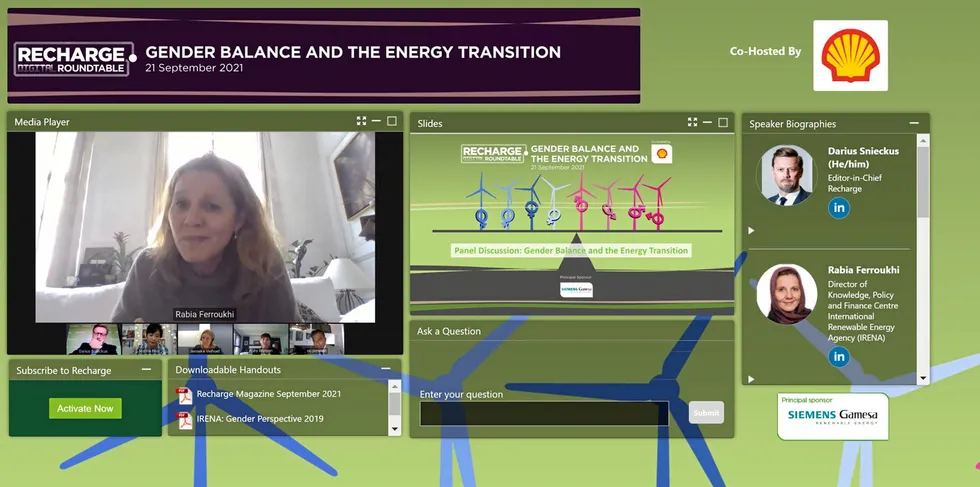'We're even behind oil & gas': wind must close gender gap to drive energy transition
High-level Recharge roundtable hears sector needs to tackle issues ranging from recruitment, corporate culture and skills to address stubbornly low representation of women in workforce
